Sonokuni’s story begins in 2014, in Japan, when a group of soon-to-be-friends met at university. They shared their love for music, hip-hop culture, and other art forms like DJing and graffiti. The group banded together to create rap songs and work on music video productions. They called it Don Yasa Crew, and they didn’t know anything about developing video games. But that would change some years later.
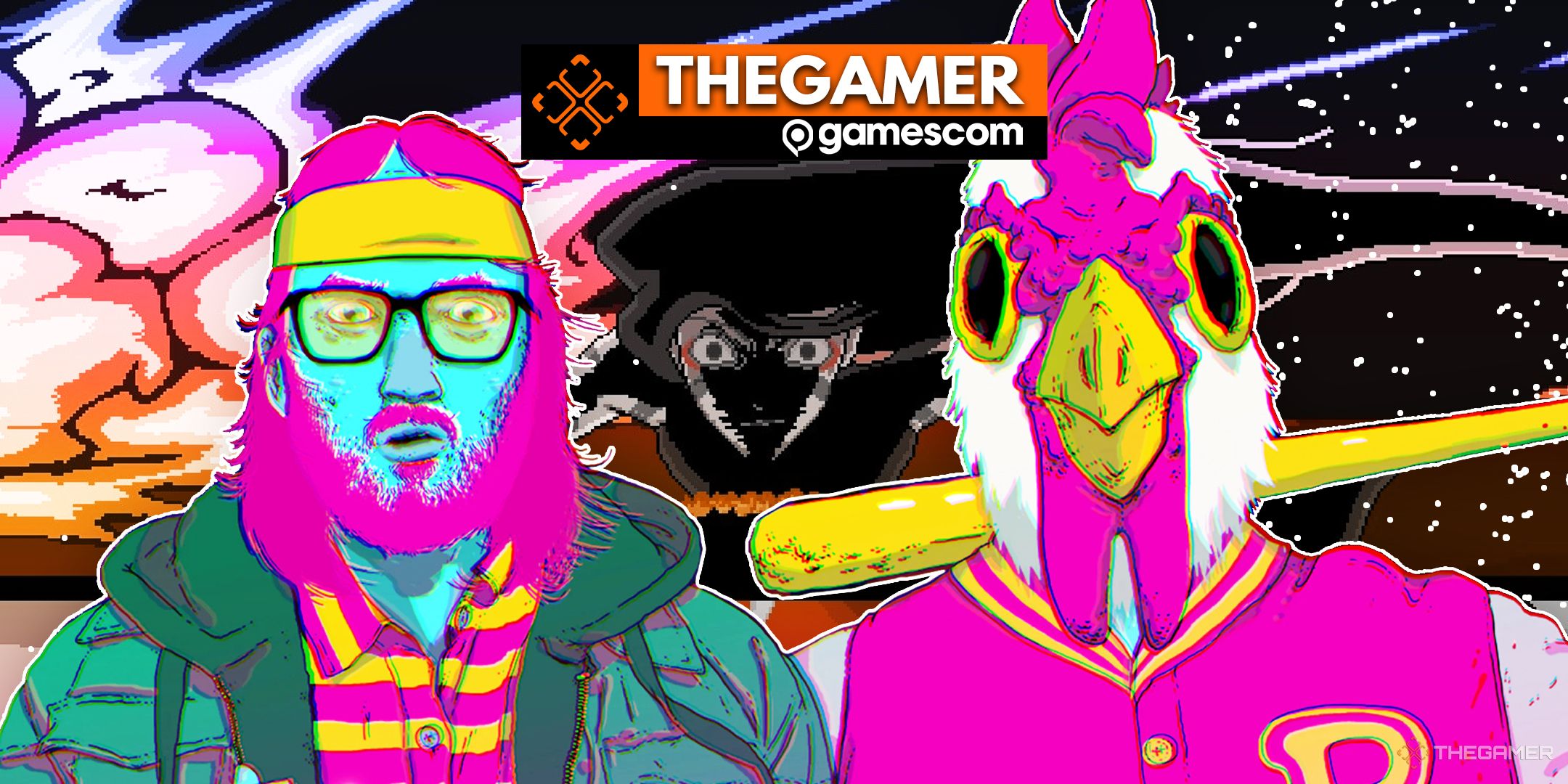
Related
Sonokuni Is Much More Than A Hotline Miami Clone
We played Sonokuni at Gamescom, the upcoming game developed by Don Yasa Crew and published by Kakehashi Games.
At the beginning of 2020, after years of working on their craft, Don Yasa Crew had big plans: to release an album with some music videos and continue performing live. Then COVID-19 happened, and everything started falling apart: the shows were canceled, and they couldn’t release their work, which they had been working on for several years.
A Leap Of Faith Into The Video Games Industry
However, the group noticed a growing trend in the entertainment business: more and more people started playing video games while they were at home. We saw indie games like Among Us take the world by storm thanks to streamers, and many indie studios decided that it was time to create the games they had in their minds. Don Yasa Crew thought it was time to jump into game development.
“None of us had a background in the game industry,” lead developer Don Sagawa explains. “However, our alma mater was composed of computing and art departments, so everyone could program or do art. With the development of modern game engines, making games is more accessible now than ever.”
In May 2020, the group made the shift and became a video game studio. Inspired by bouldering, their love for hip-hop, and the artistic style of indie hit Hotline Miami, Sonokuni became a reality.
Following a top-down camera, you control Takeru, an assassin who can kill enemies with a single slash of her sword, but she also dies if she receives a single blow. You must go through rooms packed with creatures of different sizes and abilities, dealing with them in the most effective way possible and preparing to see the Retry screen over and over again. Sonokuni is unforgiving.
If this sounds a lot like Hotline Miami, it’s because Sonokuni clearly took more than its aesthetics as an inspiration. However, after playing the demo at Gamescom 2024, I’m happy to say it feels like a completely different beast. Having a sword as your only weapon forces you to get up close and personal with every enemy, always leaving you exposed. Also, you have some unique skills, like the ability to slow time and use a shield to repel certain projectiles, which adds plenty of depth to the gameplay.
Sagawa even goes a bit deeper about what he likes about Hotline Miami: “I think what makes Hotline Miami special among all games is that it’s a cool thing that you want to own. Hotline Miami is more of a cool product than a game, more like a skateboard deck, poster, or sneakers (though it’s a great game too!). With Sonokuni we would like to create a game that is filled with the same kind of appeal.”
Respecting Your Roots, And Going Beyond
When it comes to its setting and art direction, Sagawa explains that Sonokuni is a hip-hop game not only because of its music, but also “its sense of rebelliousness”. The game’s worldview is a clash of old and new since it combines Japanese mythology, which you can find in many of the creatures, characters, and locations you’ll discover, with the development of biotechnology.
“It is said that Japanese mythology is based on events that actually happened in Japan about 2,000 years ago,” Sagawa explains. “In those myths, there is a famous hero and a country called Sonokuni. It was full of villains and they were destroyed by that hero. Were they really so evil that they needed to be destroyed? Where do the people from Sonokuni’s annihilated ‘souls’ come from, and where are they going?”
As I recall my experience playing Sonokuni’s first level, I’m reminded of how tough it was. Following the footsteps of similar games in the genre, it requires complete dedication and focus. Making mistakes is not an option, and you have to react fast to every challenge in every new room you enter.
When I asked Sagawa about how they balance the game’s difficulty, he explained that the studio created a “program” that automatically reacts to the enemy’s actions. This program lets them adjust the reaction speed of the enemies, without the need for a developer to actually control the character. That way, they can avoid the issue of devs becoming too good at the game without play-testing sessions.
“I’ve heard that the most important thing in a difficult game is ‘flow’: the degree to which the difficulty increases,” says Sagawa. “So we developed a mechanism (or an ‘algorithm’) to quantitatively design the ‘flow’ before designing the levels. However, we also understand that there are many gamers who may have trouble progressing through the combat, or who want to focus on the story, so we have also included auxiliary functions such as an easy mode and time-slowing abilities so that anyone can enjoy the game.”
Sonokuni Is About Taking Advantage Of Time, Just Like Video Game Development
One of the challenges that Don Yasa Crew faced when jumping from music to game development was time. They noticed that while they were able to create songs in an hour, crafting a single level in a video game took much more time. Initially, they envisioned that it would take six months during the pandemic to complete Sonokuni. It ended up taking four years, and they’re still working hard in the polishing phase.
“If we had known it would be this difficult, we might not have jumped into game development!”
Don Sagawa is aware of the difficulties that many game studios face all over the globe. He mentions that he often hears the term “indie apocalypse”, and while he has some concerns about the current landscape of the industry, he’s also confident in Don Yasa Crew’s future.
“As musicians, we [might] have a unique view here,” he explains. “There are fewer rivals in games than there are in the music and art industries where Don Yasa Crew is also active. The influence of generative AI is (for now) relatively small in comparison, so ‘apocalypse’ might be overstating things. I certainly hope that’s the case and things start stabilizing soon.”
Sonokuni still doesn’t have a release date, but it’s planned to be launched later this year. You can try a free demo on Steam to see if you’re up to the task.
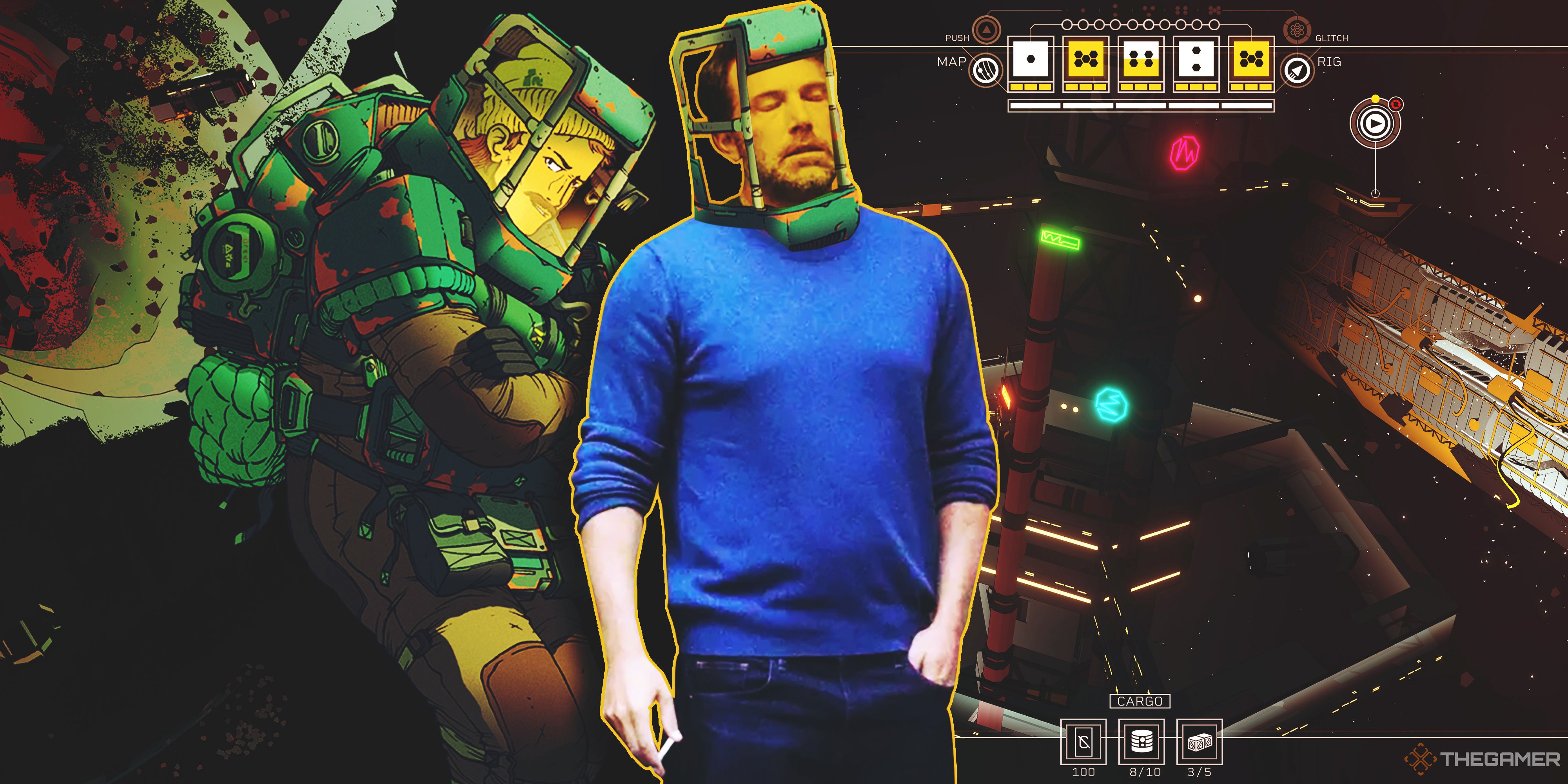
Next
Citizen Sleeper 2 Is An Extremely Stressful Cozy Game
The indie RPG will make your brain chill while your palms sweat.
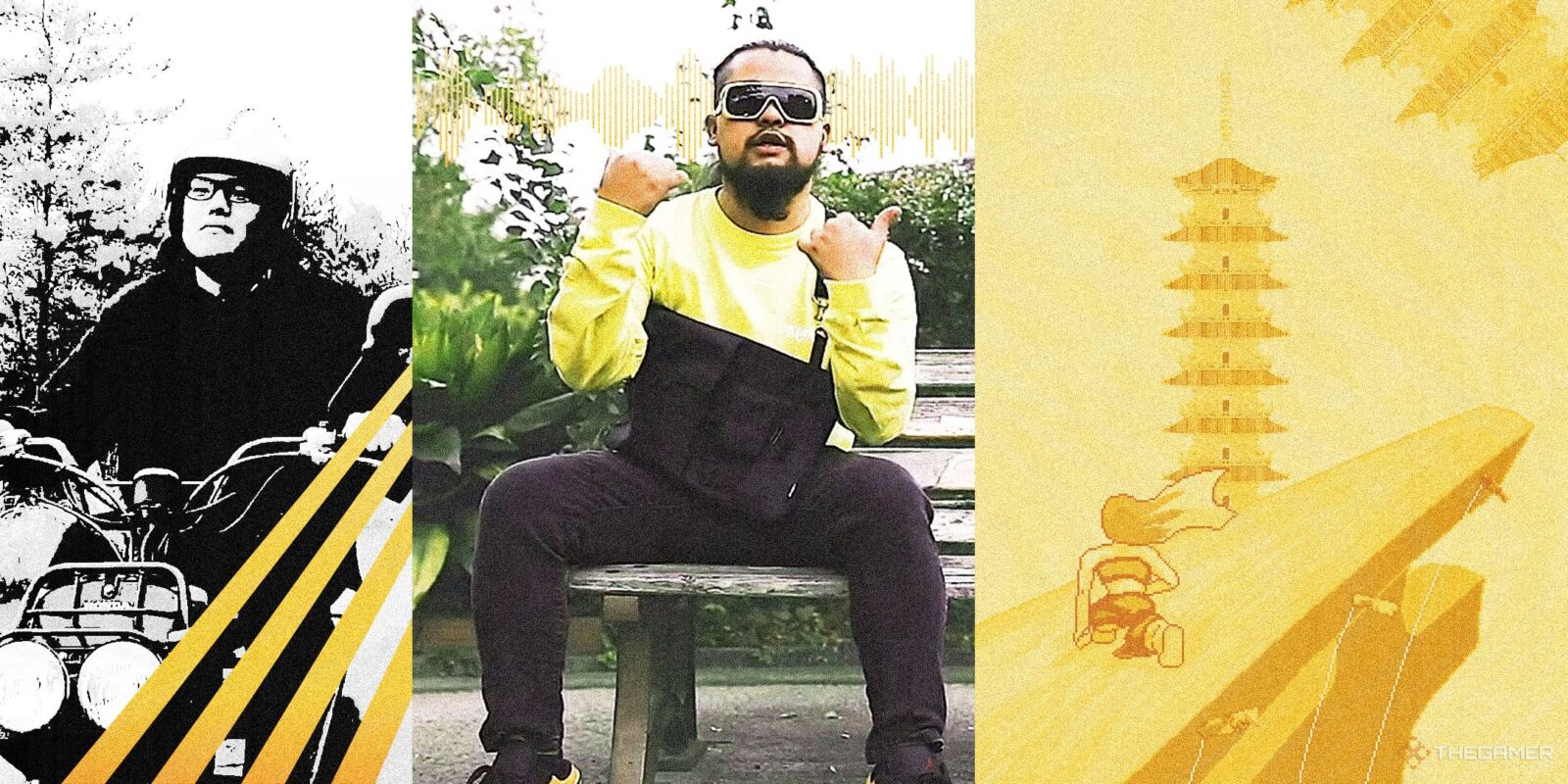
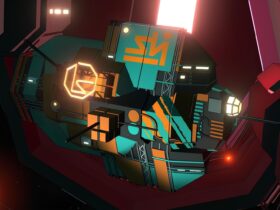
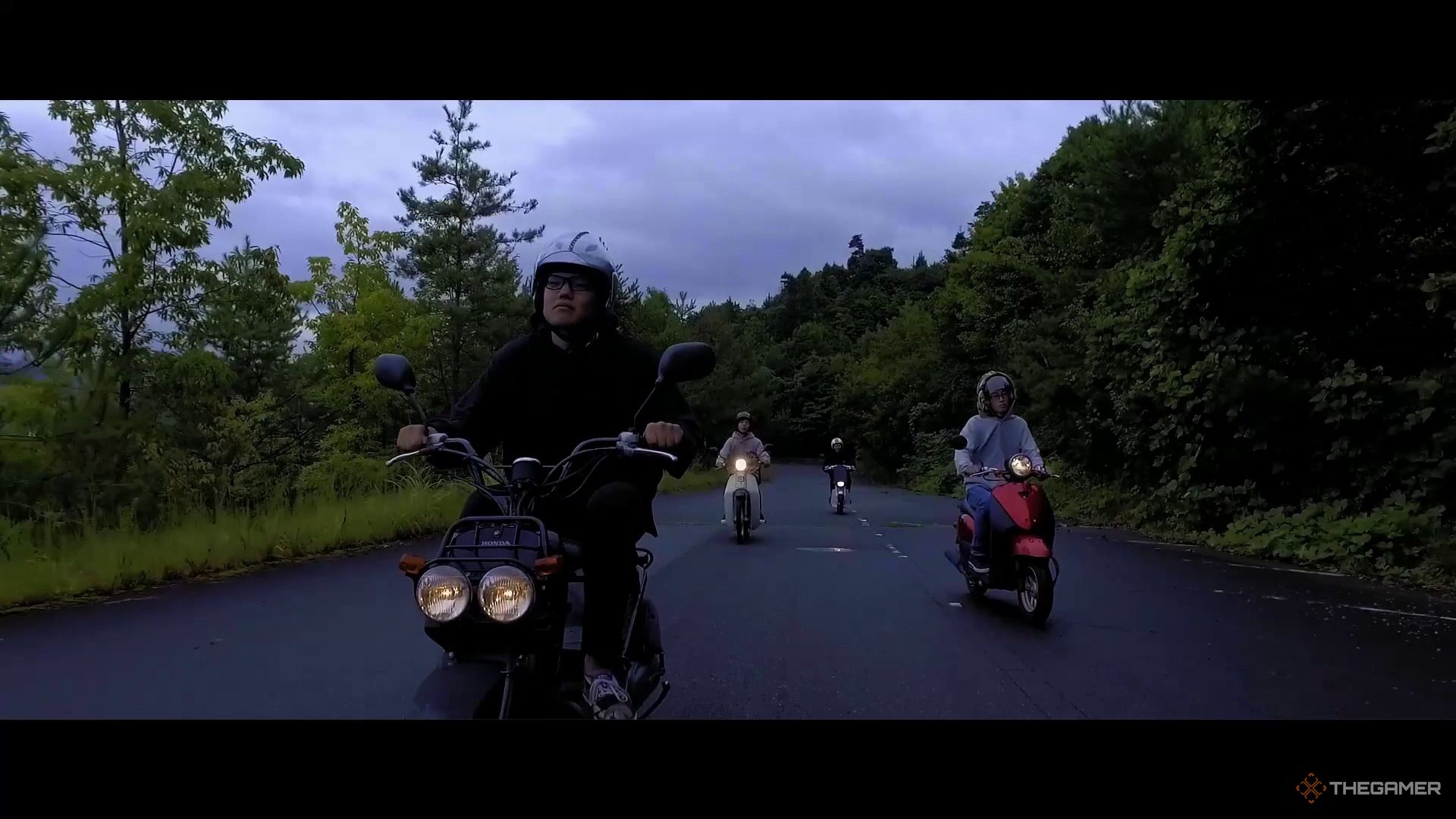
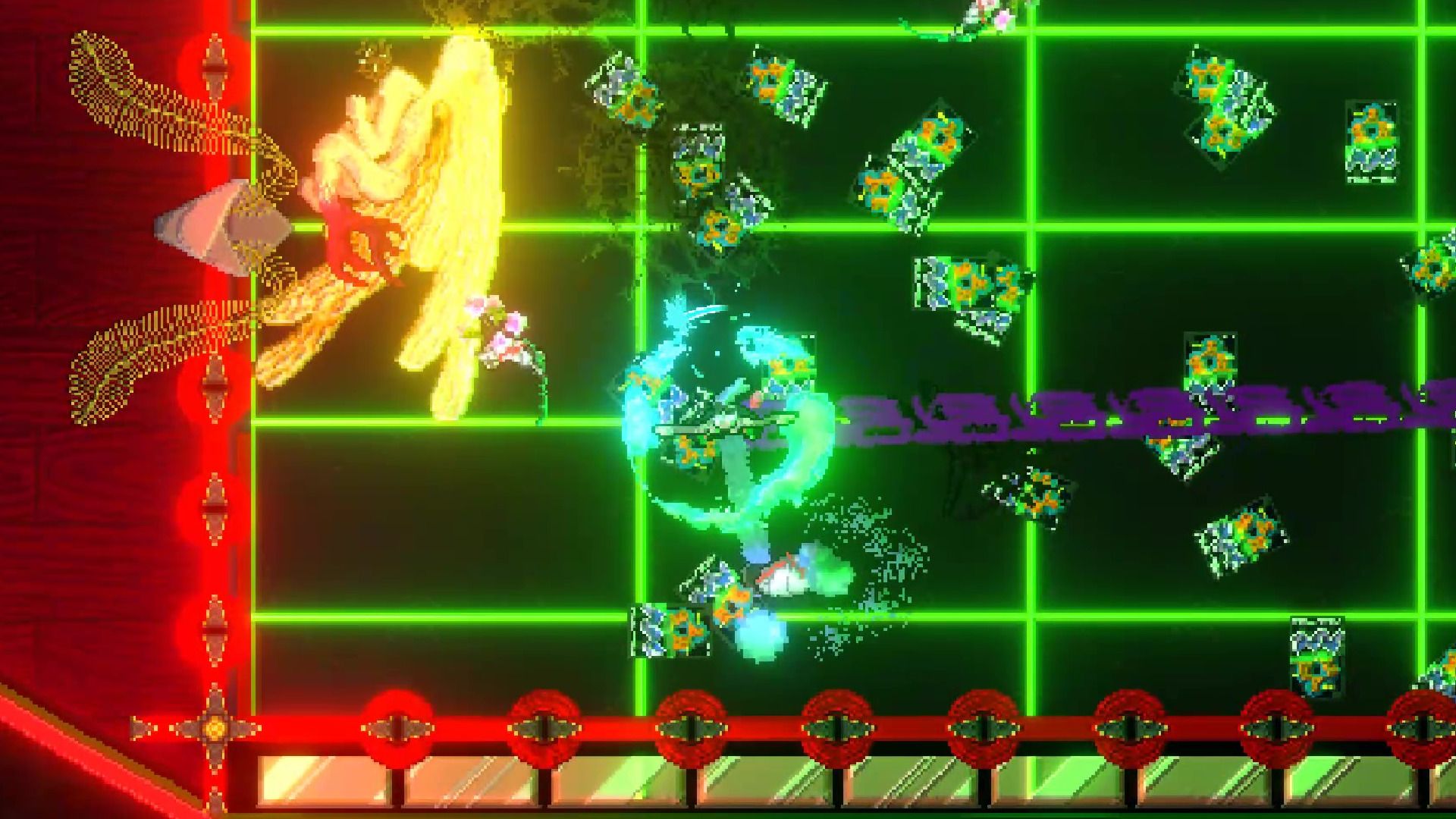
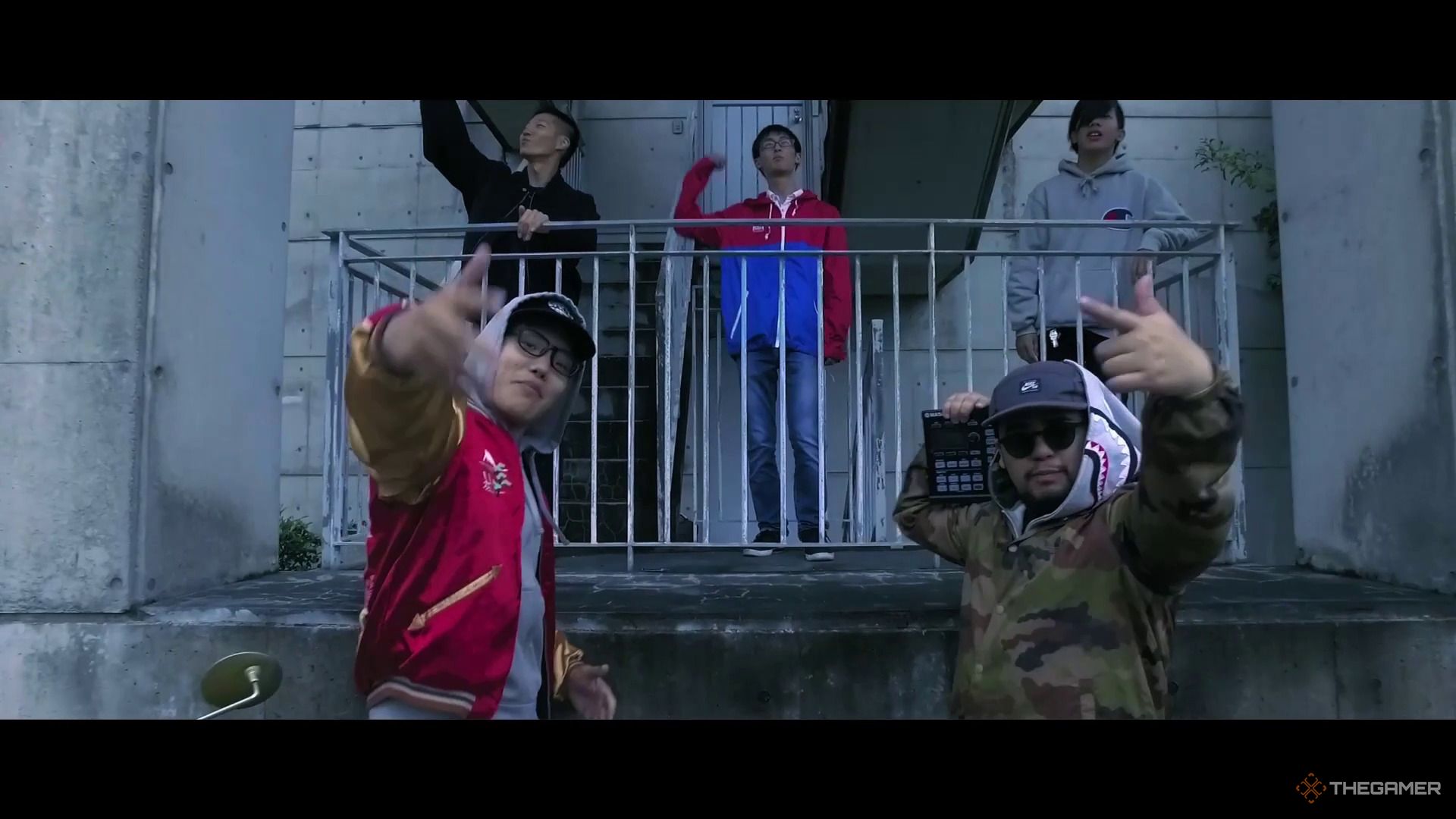
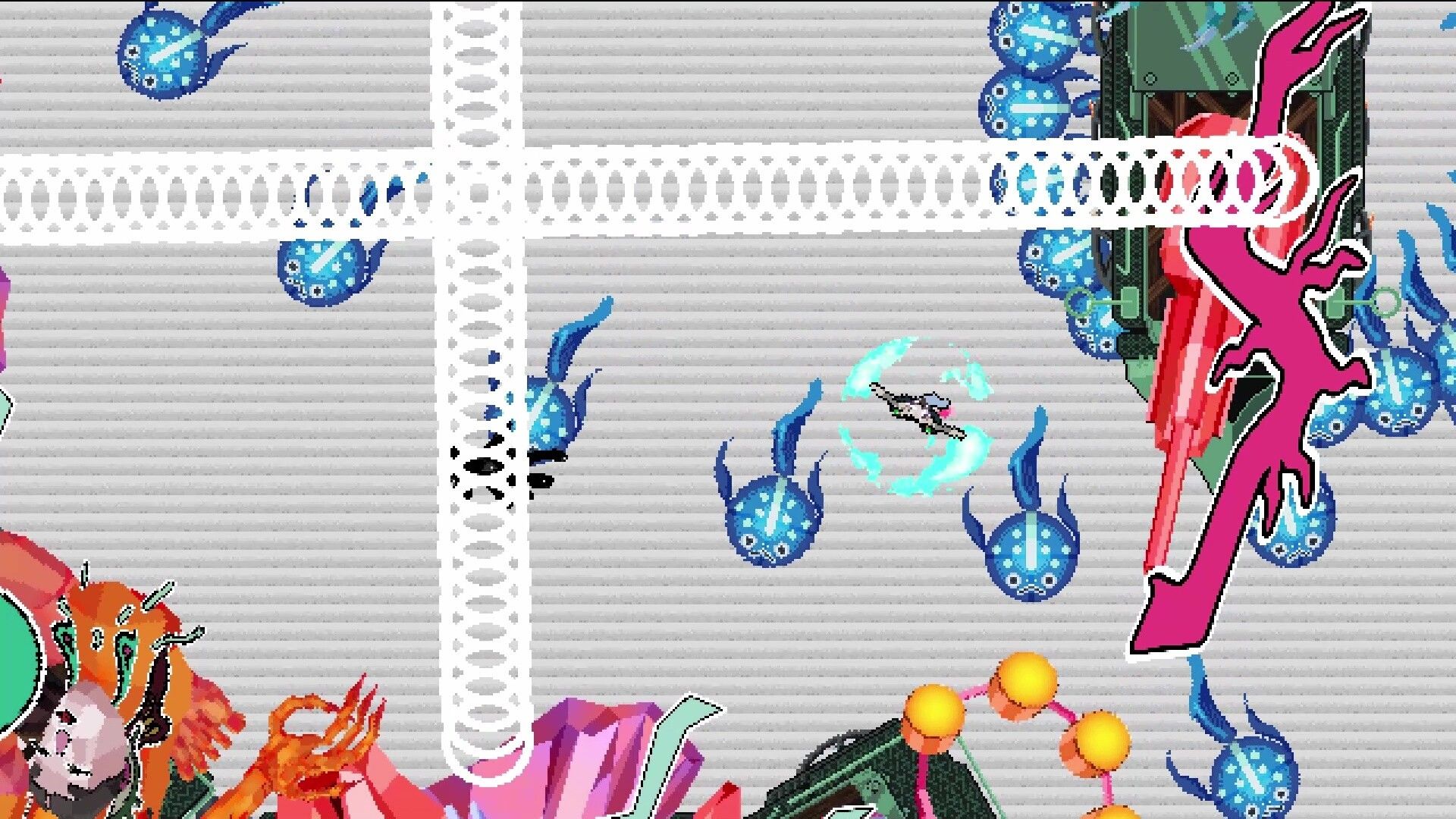
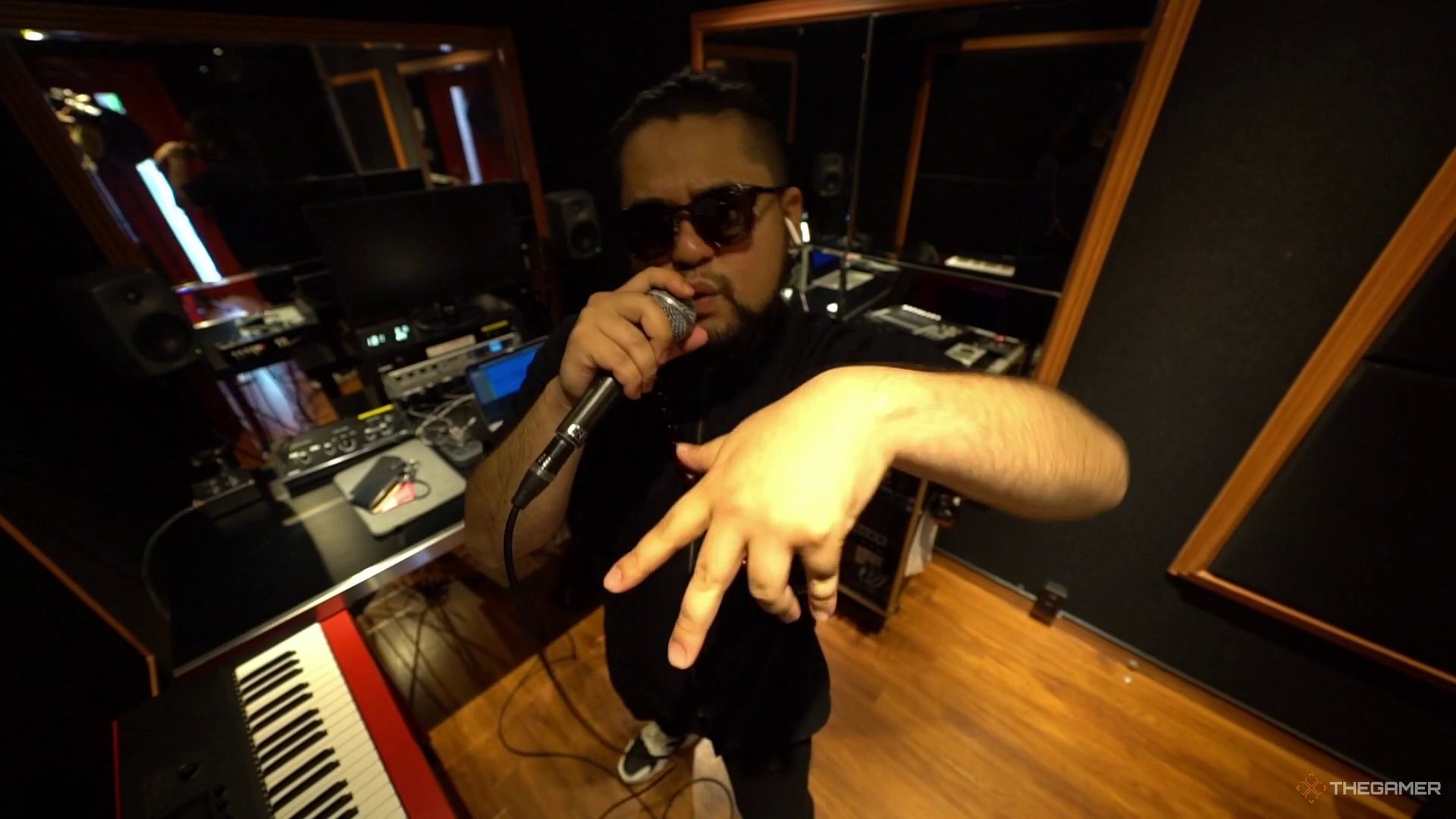
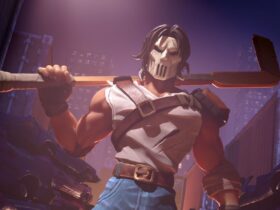



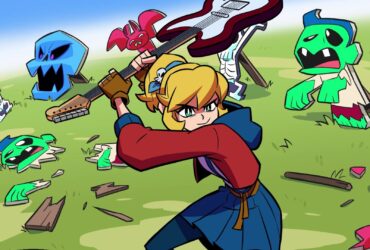

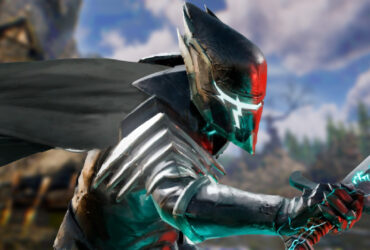
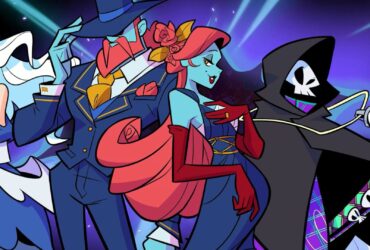
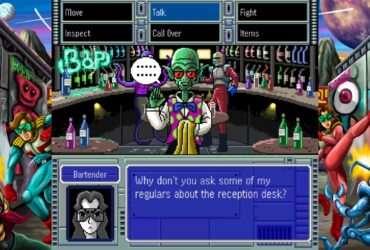
Leave a Reply